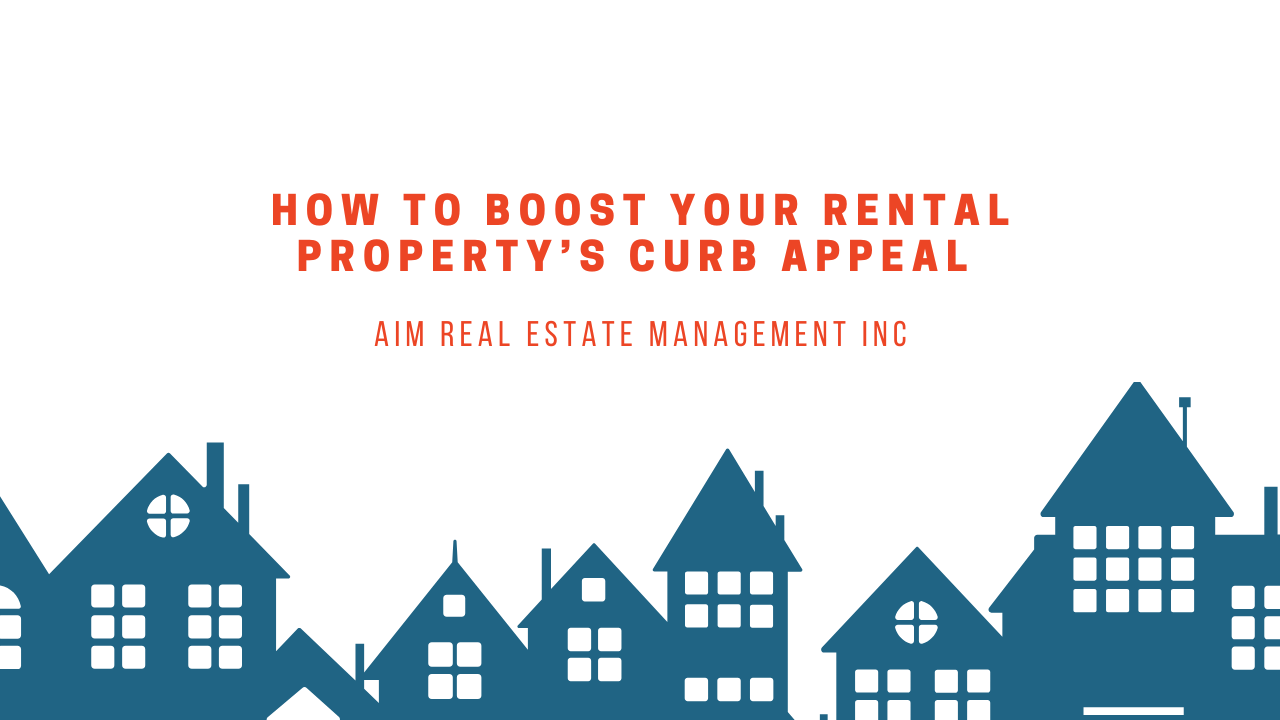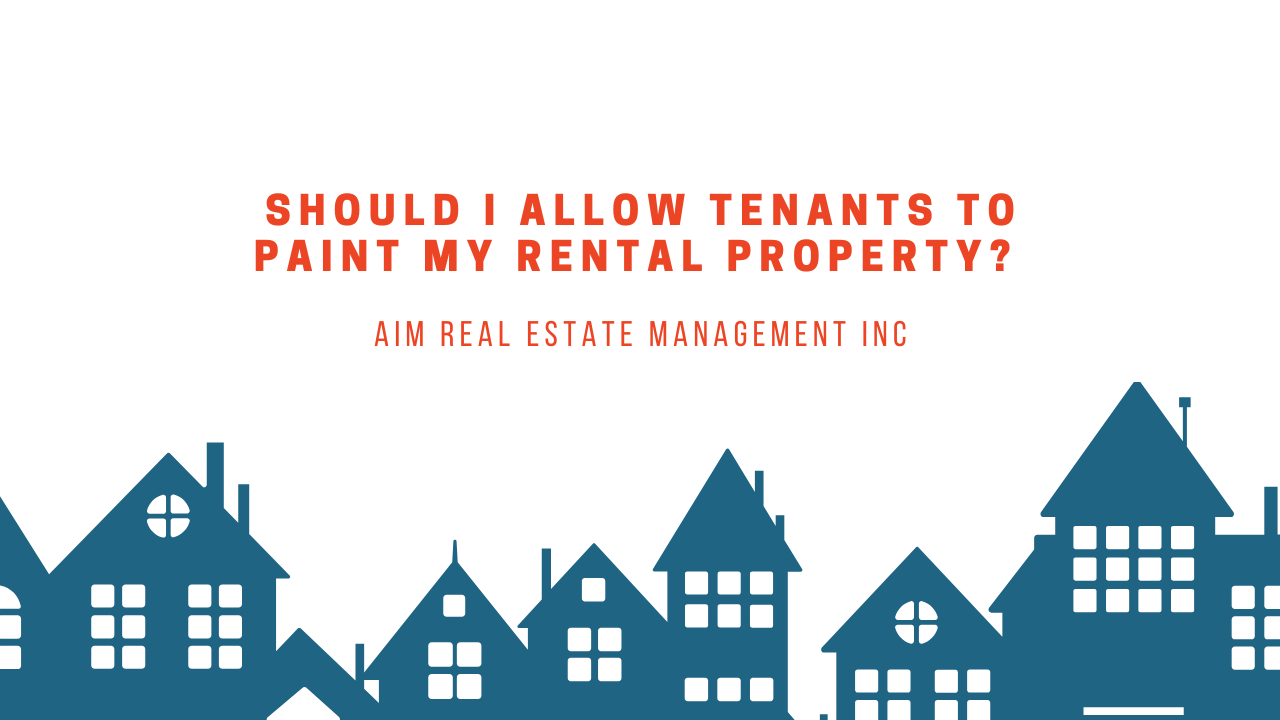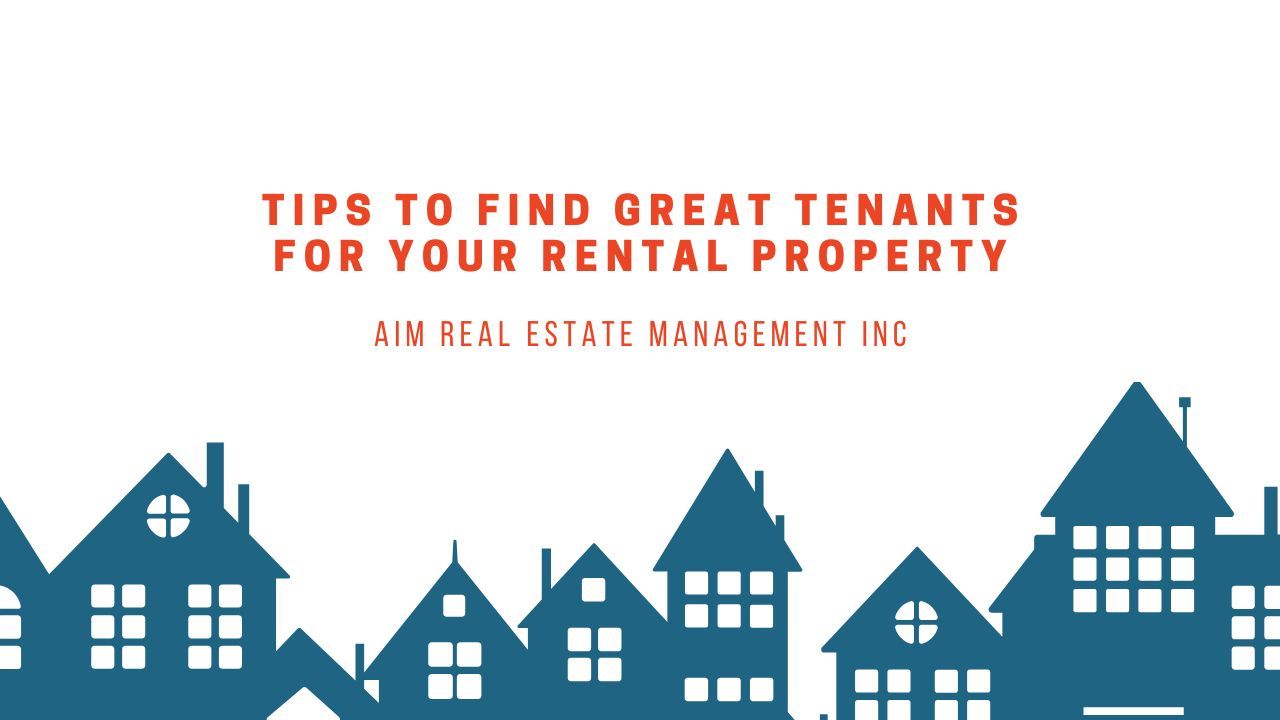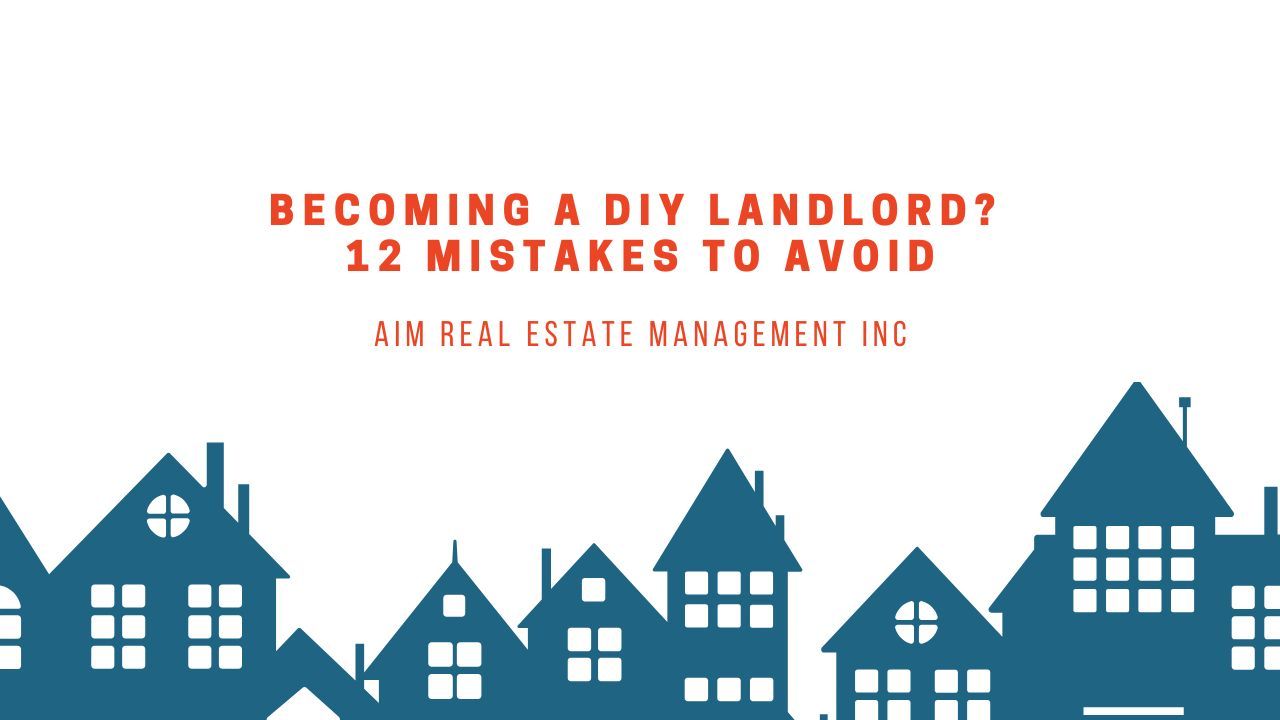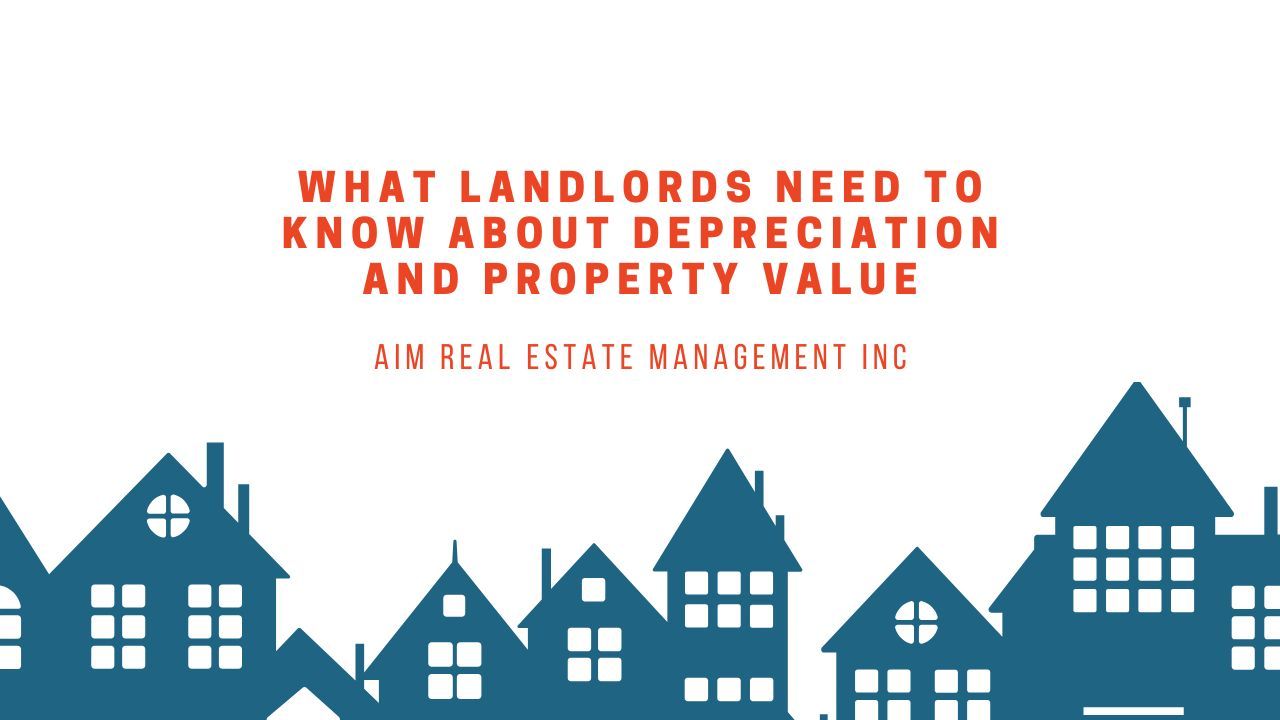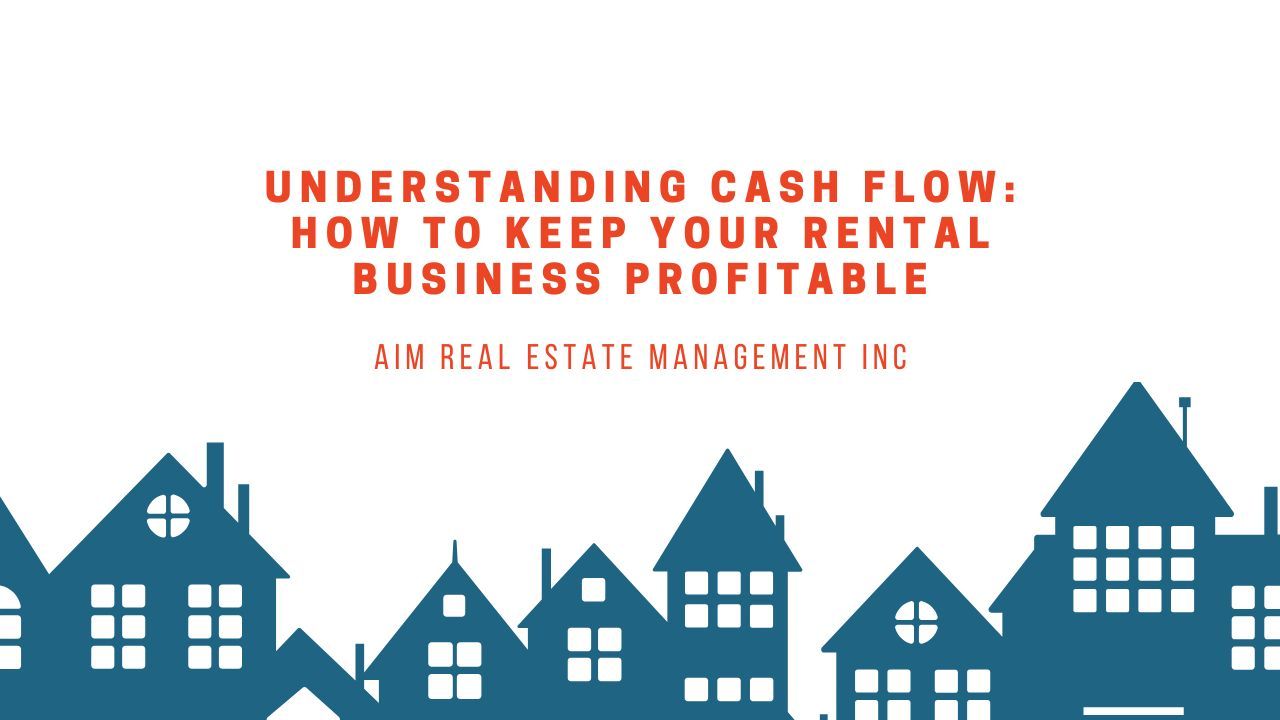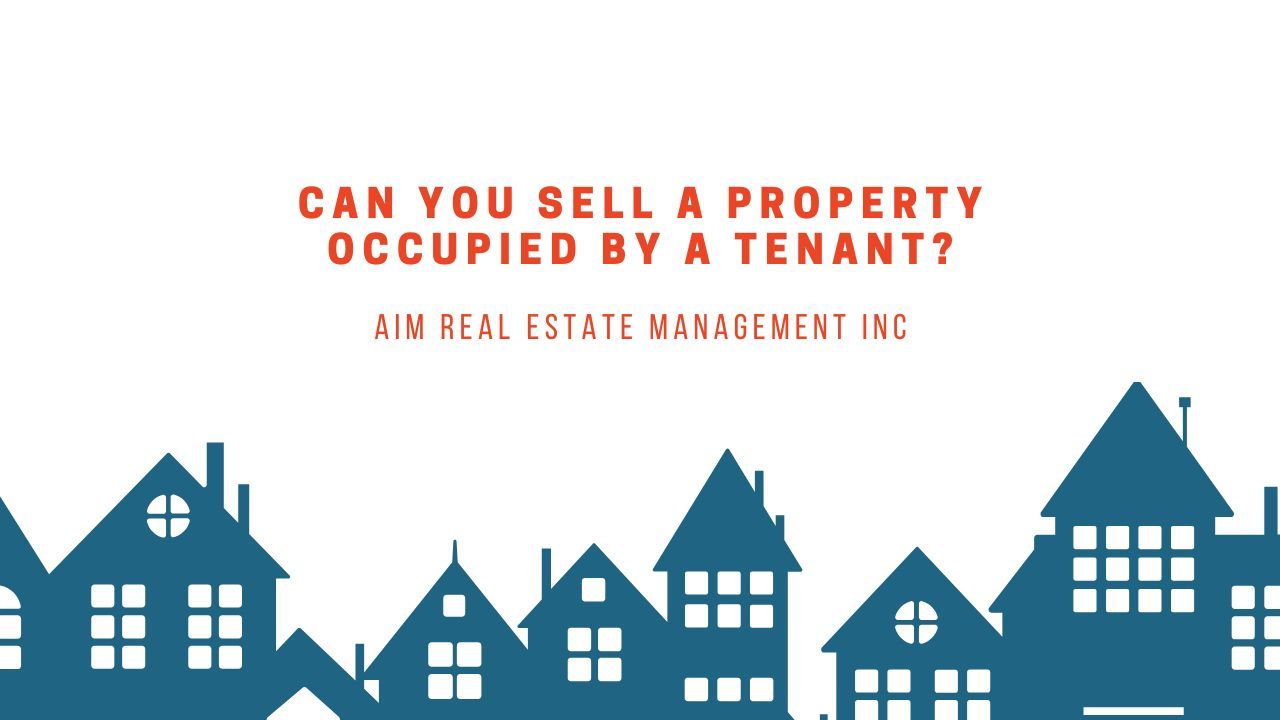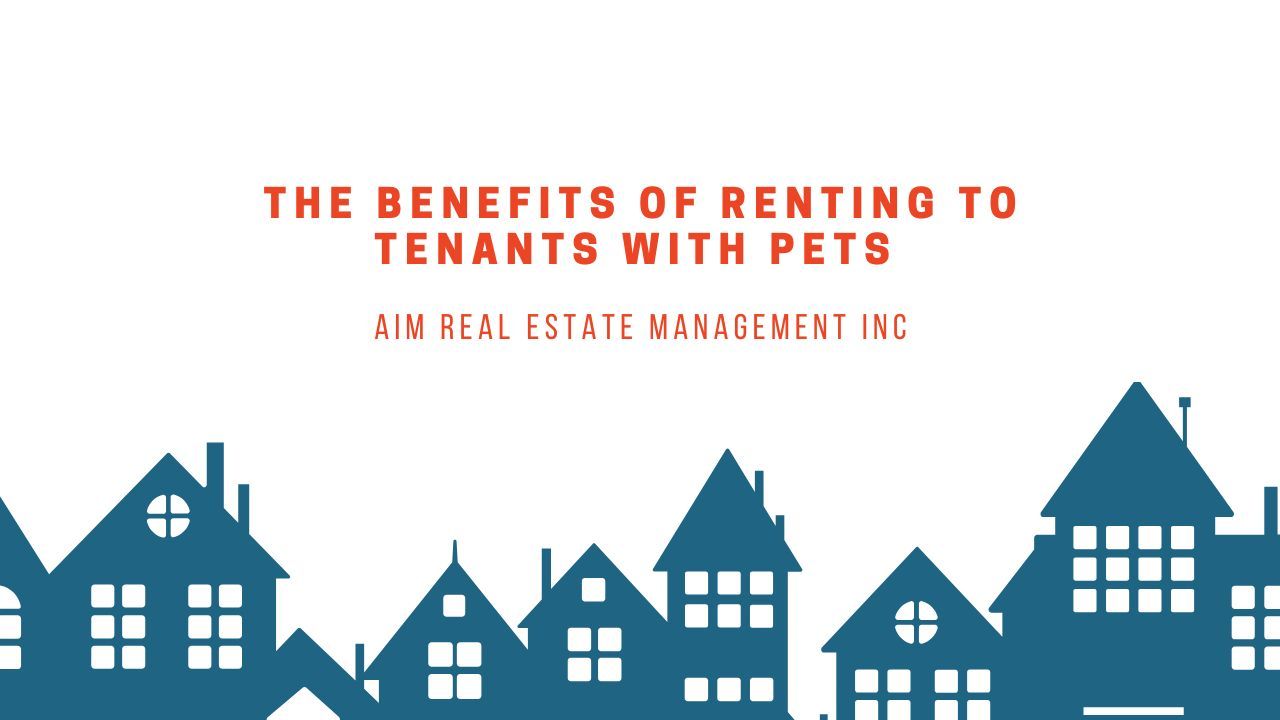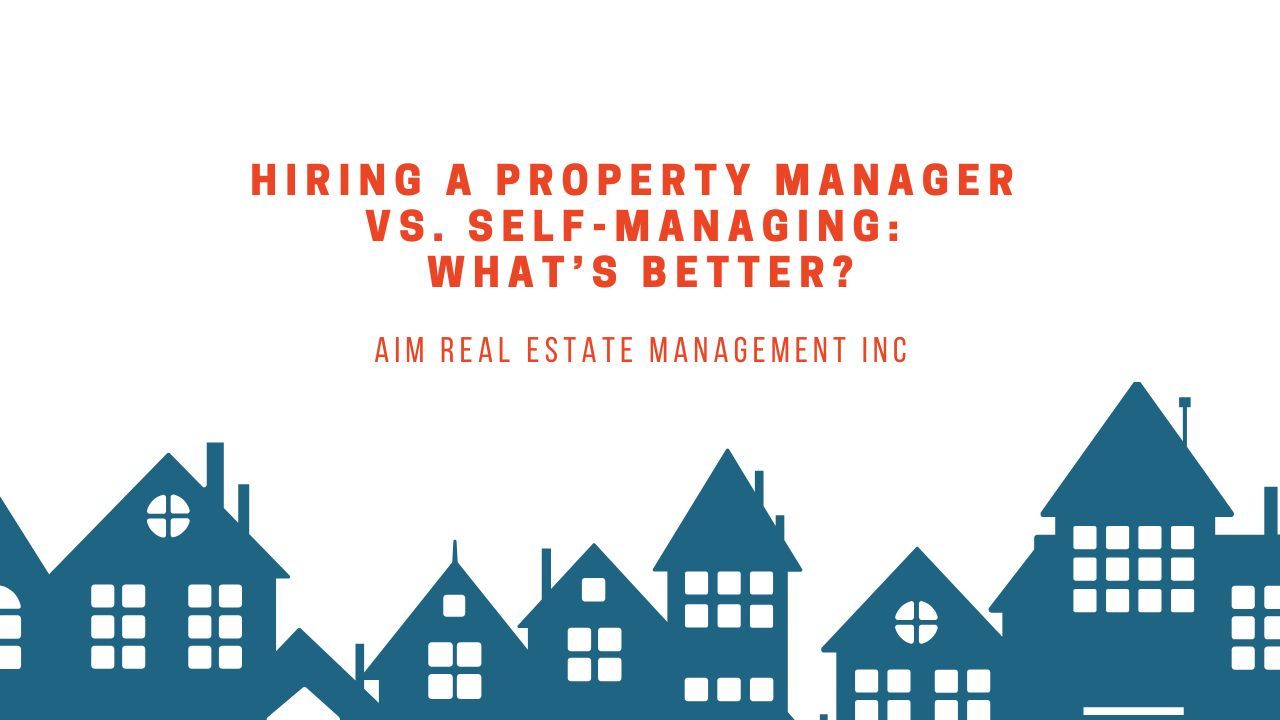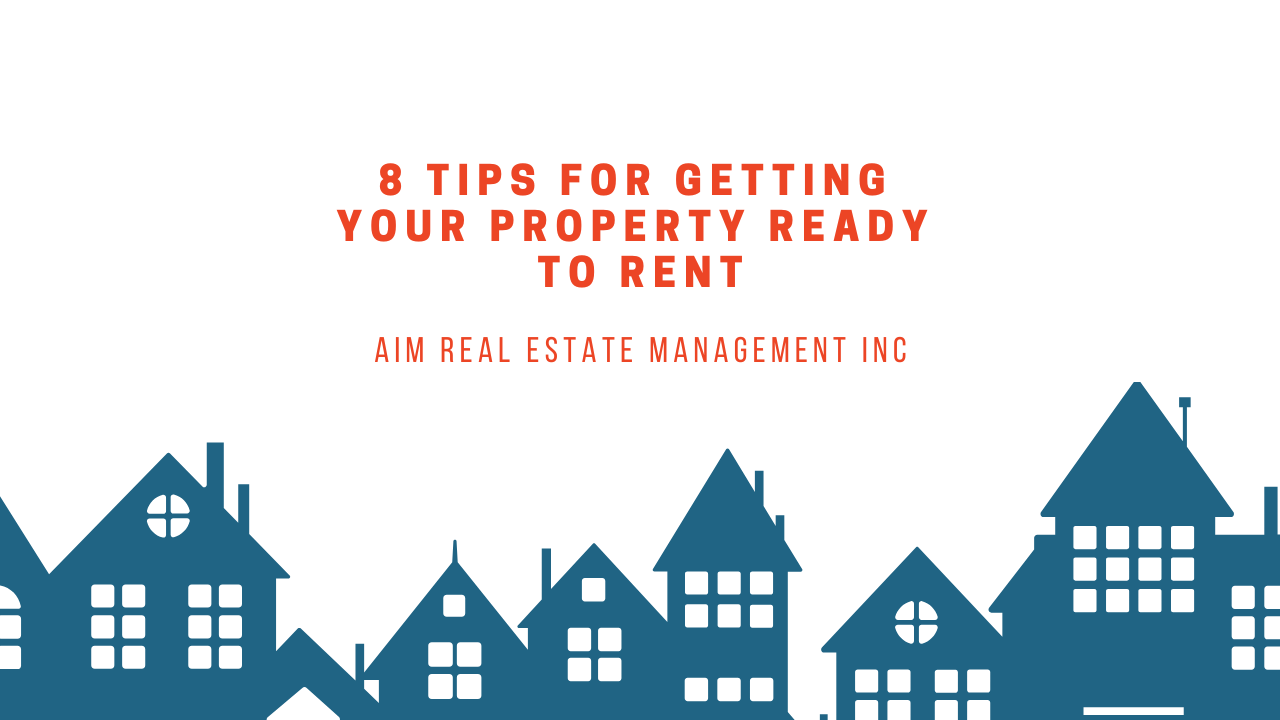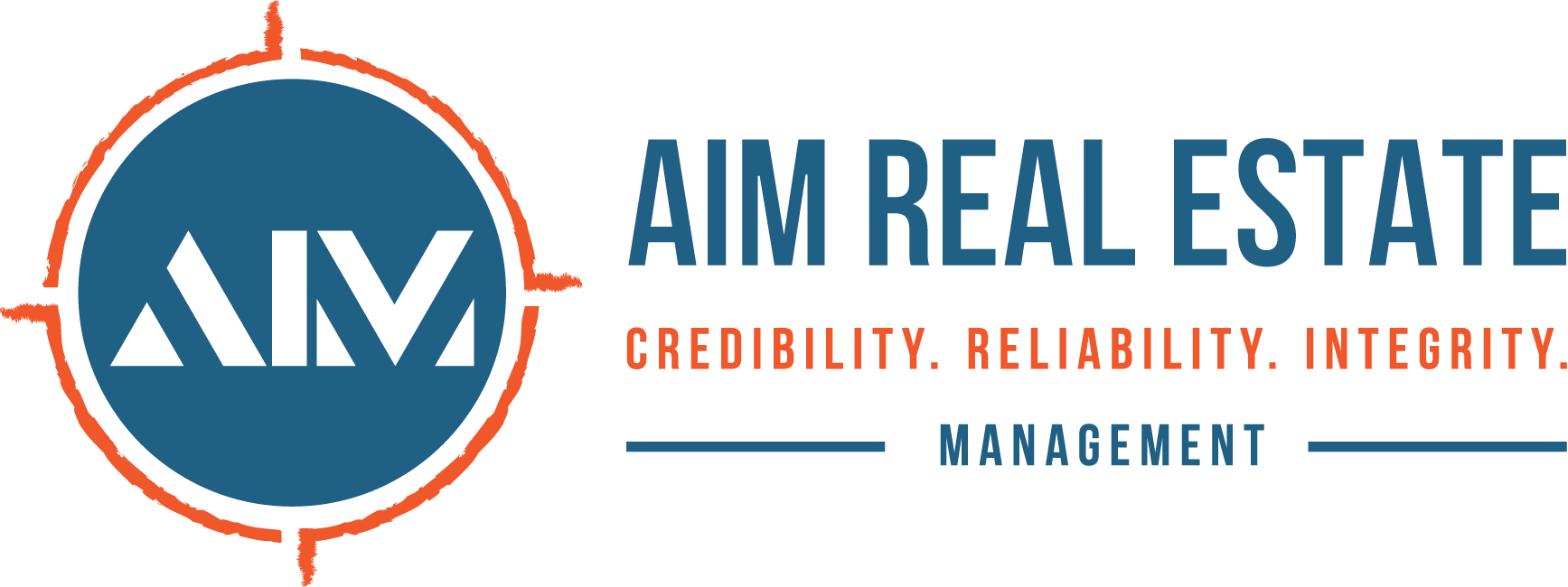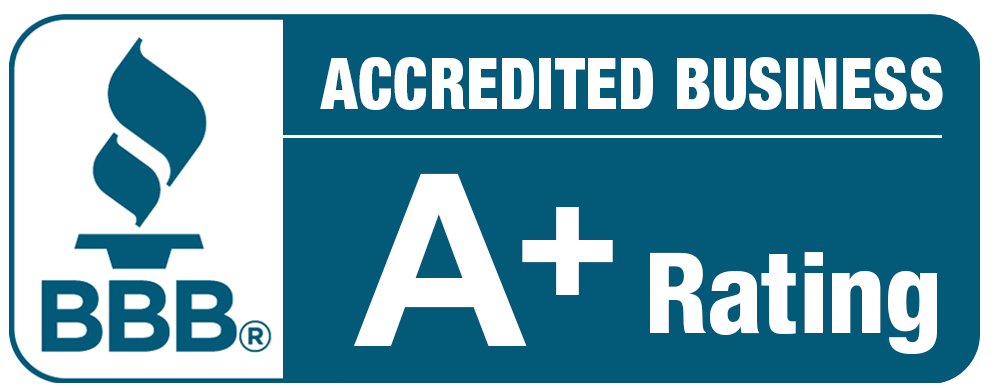Essential Tips For First-Time Landlords
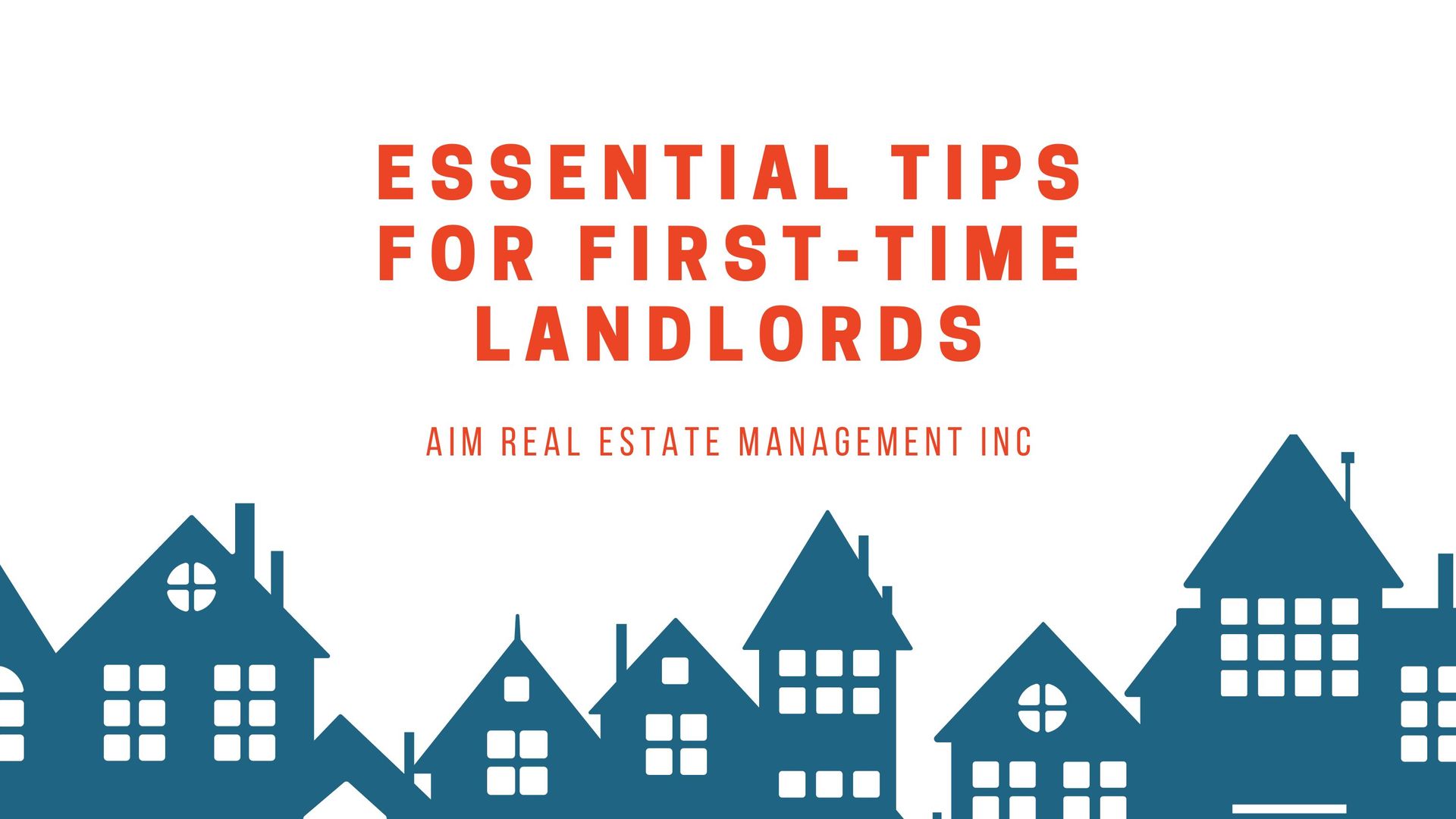
Taking on the role of a landlord for the first time brings a mix of excitement and challenges. Whether you're looking to create an additional income stream or you’ve decided to invest in real estate, there are several important considerations to keep in mind.
Managinga rental property is more than just collecting rent; it involves understanding responsibilities and potential pitfalls that come with the territory. At AIM Real Estate Management, we understand these challenges and have put together this guide to help you navigate your new role as a landlord.
This article offers essential tips for first-time landlords, ensuring you have a solid foundation to manage your property effectively. From understanding the importance of proper documentation to knowing local laws and planning for unexpected vacancies, this guide covers the basics you need to know. By following these tips, you can minimize risks and maximize your success in property management.
Essential Tips for First-Time Landlords
1. Establish a Bookkeeping System
Keeping accurate financial records is crucial for any business, including rental property management. Start by setting up a dedicated bank account for your rental income and expenses.
Use accounting software or a simple spreadsheet to track all financial transactions. This helps in monitoring your cash flow, preparing for tax season, and assessing the profitability of your property.

2. Obtain Proper Insurance Coverage
Having the right insurance is vital to protect your investment. Landlord insurance typically covers property damage, liability claims, and loss of rental income due to covered events. Make sure to review the policy details and consider additional coverage.
3. Thoroughly Screen Potential Tenants
Securing dependable tenants is crucial for a positive rental experience. It's important to have a
comprehensive screening process that covers background checks, credit reports, and verification of employment and rental history. This helps ensure that your tenants can afford the rent and are likely to care for your property.
4. Avoid Renting to Family and Friends
While it might be tempting to rent to people you know, mixing personal relationships with business can lead to complications. If issues arise, it may be challenging to enforce lease terms or make unbiased decisions. It's often better to maintain a professional relationship with your tenants.
5. Understand Local Housing Laws
South Carolina has its own specific housing laws and regulations that landlords are required to adhere to. These laws cover topics such as security deposits, eviction procedures, and habitability standards. Familiarize yourself with these laws and relevant real estate terms to avoid legal issues and ensure your property complies with all regulations.
6. Clearly Define Lease Violations
A well-drafted
lease agreement should clearly outline what constitutes a lease violation and the consequences for breaking the lease. This includes rules about late rent payments, property damage, and unauthorized occupants. Being clear upfront can prevent misunderstandings and provide a basis for action if needed.
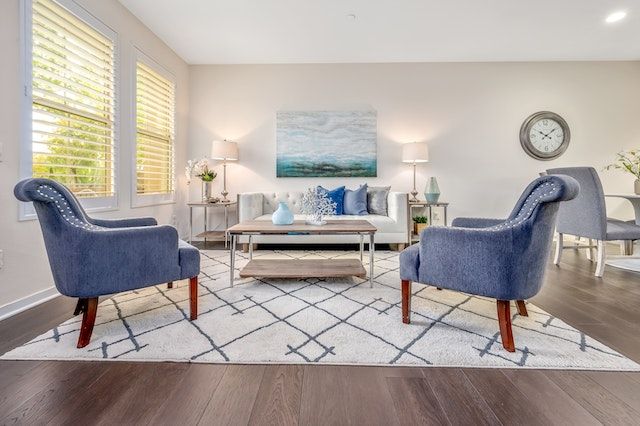
7. Document Everything in Writing
Whether it’s a lease agreement, a maintenance request, or a tenant complaint, make sure everything is documented in writing. This not only provides a clear record of all communications but also protects you legally. Written documentation is invaluable if disputes arise.
8. Plan Ahead for Taxes
Rental income is taxable, and you may also be eligible for deductions related to property expenses. Keep detailed records of all income and expenses and consult with a tax professional to understand your tax obligations and opportunities for deductions.
9. Find a Reliable Maintenance Professional
Regular maintenance is essential to keep your property in good condition and prevent costly repairs. Establish a relationship with a reliable maintenance professional or company who can promptly address issues. Regular inspections and timely repairs can also help maintain tenant satisfaction.
10. Take Photos Before and After Tenancy
Documenting the condition of your property before a tenant moves in and after they move out is crucial. Take detailed photos to record the state of the property. This serves as evidence in case of disputes over damages or security deposit deductions.
11. Update Flooring as Needed
Flooring can have a significant impact on the appearance and value of your rental property. Consider updating worn or outdated flooring to attract quality tenants and justify higher rent. Durable and easy-to-clean flooring options are ideal for rental properties.
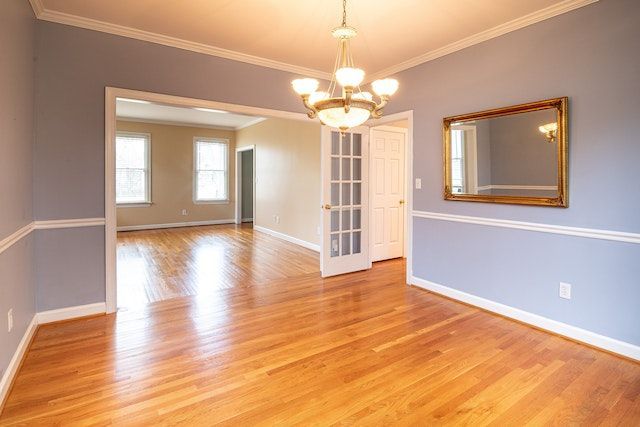
12. Decide on a Pet Policy
Decide upfront whether you will allow pets in your rental property. If you do, specify any restrictions, such as breed or size, and consider charging a
pet deposit or additional rent. Be clear about the rules to prevent misunderstandings and potential damage.
13. Be Prepared for Vacancy Periods
Vacancies are a natural part of property management, and it's essential to be financially prepared for them. Set aside a portion of your rental income as a reserve fund to cover expenses during vacancy periods. This will help you manage cash flow and maintain your property even when it's not generating income.
14. Be Patient with Profit Expectations
Real estate can be a profitable investment, but it often takes time to see significant returns. Be realistic about your profit expectations, especially in the first few years. Focus on maintaining the property, building good tenant relationships, and
managing expenses to ensure long-term success.
15. Consider a Property Management Company
Managing a property can be time-consuming, especially if you have multiple units or properties. A property management service can handle everything from tenant screening to maintenance, freeing up your time and ensuring your property is professionally managed. Additionally, they can provide expertise in setting appropriate rental rates and managing legal issues that may arise.

Bottom Line
Becoming a landlord for the first time can be a rewarding venture if approached with preparation and knowledge. By following these essential tips, you can lay a strong foundation for effective property management. Establishing a solid bookkeeping system, obtaining the right insurance, thoroughly screening tenants, and understanding local laws are just a few key steps to success.
At
AIM Real Estate Management, we specialize in guiding new landlords through the complexities of property management. Our services include tenant screening, property maintenance, and comprehensive management solutions tailored to your needs. Whether you're managing a single property or a portfolio, we're here to help you navigate the challenges and maximize your investment. Contact us today!
